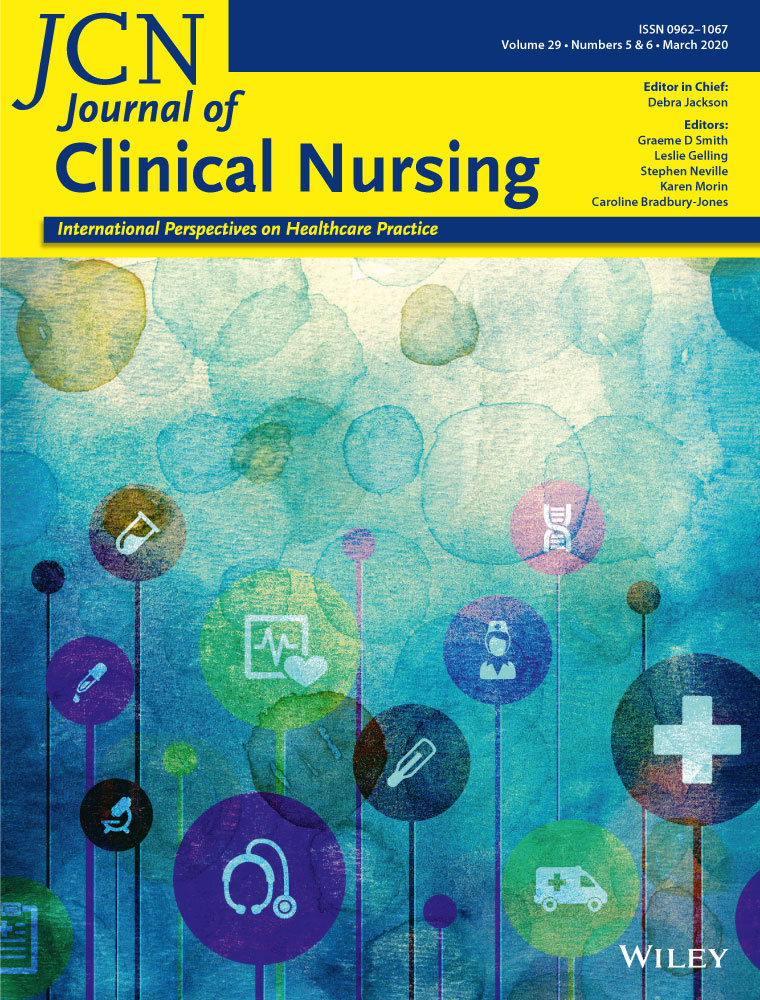Factors influencing self-management behaviours among patients with type 2 diabetes mellitus in the Solomon Islands
Abstract
Aims and objectives
This study aims to explore the current state of self-management behaviours among persons with type 2 diabetes mellitus in the Solomon Islands and to discuss the factors influencing these behaviours.
Background
The prevalence of diabetes and diabetes complications is increasing in the Solomon Islands. However, the effective diabetes prevention and care are not provided in the country.
Design
This is a cross-sectional study.
Methods
A convenience sample of 150 persons with type 2 diabetes mellitus was recruited from a hospital in the Solomon Islands from August 2017–September 2017. Self-report questionnaires were used to measure the self-management behaviours, diabetes knowledge and illness perception. In addition, the study adhered to the EQUATOR checklist, STROBE (see Appendix S1).
Results
The overall score for self-management was 56.9 ± 13.2 and diabetes knowledge and illness perception, as influencing factors of self-management, earned total scores of 13.3 ± 4.0 and 55.8 ± 12.0, respectively. Stepwise regression analysis identified illness perception, diabetes knowledge and smoking as significant influencing factors, explaining 20.8% of the total variance in self-management.
Conclusions
The level of diabetes self-management behaviours demonstrated by persons with type 2 diabetes mellitus in this study was rated as less than ideal. Diabetes knowledge and illness perception were the two main factors influencing patient self-management in the Solomon Islands.
Relevance to clinical practice
The study addressed the current state of the self-management behaviours of persons with diabetes and discussed the factors influencing these behaviours. The findings indicated that knowledge and illness perception of diabetes were the two main factors and provided baseline information for policymakers, health planners and healthcare providers highlighting diabetes as an important issue in Solomon Islands.
CONFLICT OF INTEREST
The authors declare that they have no competing interests.




